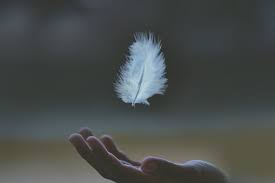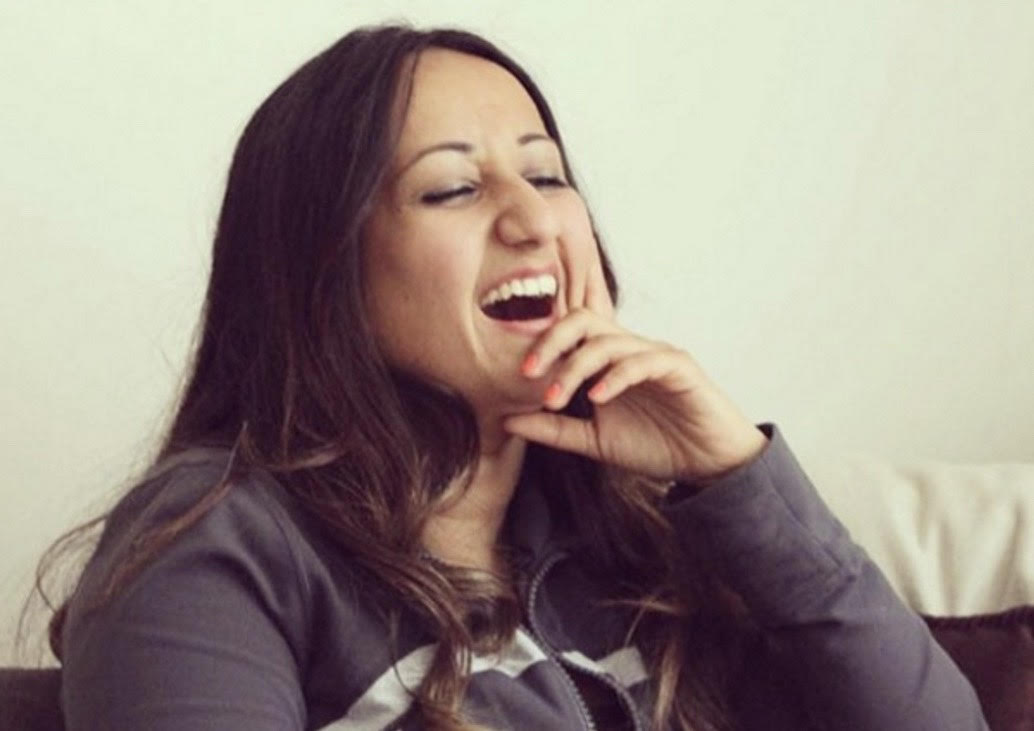 Love is one of the most natural of things. Why is it that it can also be so difficult? Biologically, it is so natural to us because the ‘Love Genes’ – the genes that are associated with love – are, at 500 million years old, some of the oldest genes in the human genome. Dr David R Hamilton tells us all about the science of love.
Love is one of the most natural of things. Why is it that it can also be so difficult? Biologically, it is so natural to us because the ‘Love Genes’ – the genes that are associated with love – are, at 500 million years old, some of the oldest genes in the human genome. Dr David R Hamilton tells us all about the science of love.
Love has ensured the survival of the human species through millions of years of evolution because it created bonds and connections between us.
Its influence established tight families and communities. Scientists say that these were essential because it meant our ancient ancestors were safer. The biology of love is now so deep that this need to bond, to connect, is one of our most fundamental human needs. We cannot thrive without it.
You may recognise the hormone, ‘oxytocin’. It is the product of an ancient gene and plays a big part in the biology of love. It’s sometimes even called the ‘love hormone’, because it flows in abundance when we love.
The biology of love runs so deep that it has found it’s way into almost every key system of the body; so much so that when we love we are at our most healthy.
[caption id="attachment_2927" align="alignnone" width="499"] Image courtesy of Pagie Bradley
Image courtesy of Pagie Bradleyhttp://paigebradley.com/sculpture/goddess/expansion/[/caption] Love changes the shape of our blood vessels; they don’t exactly turn heart-shaped, but they certainly expand, just as the emotional heart expands when we love. Love even helps to repair damage to the heart caused by stress. It also aids the growth of the body and even repair of damaged blood vessels. It even plays a key role in building heart muscle cells in newborn babies. In adults, it acts like a sweeping brush that cleans the chemical seeds of heart disease out of our arteries. Much of all this is facilitated by the love hormone. And if that wasn’t enough, love also aids digestion and even boosts the immune system. Nature has made love fundamental to the health and survival of the human body that we are less healthy without it. Nature has ensured that humans crave love on a deep and fundamental level. But while this is a great thing, it is also indirectly responsible for many people finding it difficult to love and be loved. This is because we’re so afraid of not being loved, of not fulfilling this deepest of needs, that we don’t always show our real selves for fear that people might not like what they see. Have you ever tried to act ‘nice’ because you think someone will like you more but all the while holding back from expressing yourself in your more natural way? Don’t worry, you’re not alone; I think we’ve all done that. We expend so much effort trying to impress others, bigging up our good bits, and pretending that what we think of as our less-than-favourable-aspects don’t exist (men do this especially). Or we try to hide bits of ourselves (wobbly bits, emotions, and even parts of our personality) because we worry it might put a person off. It’s the fear of not having love that unconsciously drives us to pretend like this. We’ve all done it. I have the t-shirt! But here’s the thing: Pretending doesn’t do any good. This fear of not being loved actually prevents us from having love. The fear takes away our natural selves and replaces them with an image that we think people will prefer. But the truth us, the only way to actually get real love is if we do expose more of ourselves (and I don’t mean physically). We need to come to the love party as ourselves and show others who we really are, and not just what we think they’ll like best.
 It’s risky! It takes courage! But it is the only way. Brene Brown, a research professor on human connection and author of ‘Daring Greatly’, wrote that courage actually means: to tell the story of who you are from your heart. Wow!
When you tell another person the story of who you are, when you show yourself as yourself – not just your strengths and achievements, but also your wobbly bits (emotionally speaking, of course) – that’s when you invite love in to your life.
This is what I like to call showing up for your own party. It’s actually a big part of what self-love is. Most people think self-love is all about shouting out about how great we are, but it mostly means being yourself.
There are many tools and strategies we can use to help us, and some of the ones I teach mean you might just have to get your hands dirty, but one that you can try today is to just spend some time deciding who you actually are.
And I’m not talking in the spiritual sense here. It’s more a case of: what does it mean to really be you? It might sound like a simple question but many of us have spent so long trying to hide parts of ourselves, or to be someone else, that we’ve completely forgotten what it actually means to be ourselves, to be completely authentic, only we don’t realise we’ve forgotten. Some people only start to discover it after a painful break-up.
But when you do work it out, and when you then show up for your own party, you really do invite love into your life. You invite others to see You, and that’s when their love biology kicks in because connections can only be formed when we are natural. It’s when you show up like this that you give others the opportunity to fall in love with you.
Oscar Wilde said, “Be yourself. Everyone else in taken.” It’s great advice, I think!
David Hamilton is a scientist, author and speaker. Join David at his upcoming workshop at the Mind Body Spirit Birmingham Wellbeing Festival 'I Heart Me: The Science of Self-Love of Saturday 12th September from 1.30 - 3.30pm.
Book tickets for the festival and download the festival programme to find out who’s on, what’s on and when!
It’s risky! It takes courage! But it is the only way. Brene Brown, a research professor on human connection and author of ‘Daring Greatly’, wrote that courage actually means: to tell the story of who you are from your heart. Wow!
When you tell another person the story of who you are, when you show yourself as yourself – not just your strengths and achievements, but also your wobbly bits (emotionally speaking, of course) – that’s when you invite love in to your life.
This is what I like to call showing up for your own party. It’s actually a big part of what self-love is. Most people think self-love is all about shouting out about how great we are, but it mostly means being yourself.
There are many tools and strategies we can use to help us, and some of the ones I teach mean you might just have to get your hands dirty, but one that you can try today is to just spend some time deciding who you actually are.
And I’m not talking in the spiritual sense here. It’s more a case of: what does it mean to really be you? It might sound like a simple question but many of us have spent so long trying to hide parts of ourselves, or to be someone else, that we’ve completely forgotten what it actually means to be ourselves, to be completely authentic, only we don’t realise we’ve forgotten. Some people only start to discover it after a painful break-up.
But when you do work it out, and when you then show up for your own party, you really do invite love into your life. You invite others to see You, and that’s when their love biology kicks in because connections can only be formed when we are natural. It’s when you show up like this that you give others the opportunity to fall in love with you.
Oscar Wilde said, “Be yourself. Everyone else in taken.” It’s great advice, I think!
David Hamilton is a scientist, author and speaker. Join David at his upcoming workshop at the Mind Body Spirit Birmingham Wellbeing Festival 'I Heart Me: The Science of Self-Love of Saturday 12th September from 1.30 - 3.30pm.
Book tickets for the festival and download the festival programme to find out who’s on, what’s on and when! 



